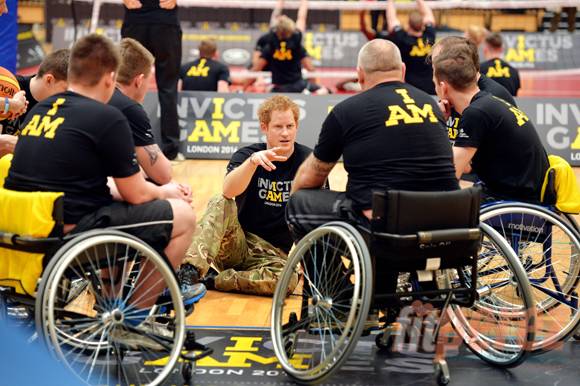
Forces in Mind Trust is delighted to award a grant of £183,500 to the Invictus Games Foundation, to explore the long-term impact of sport participation through an examination of the Invictus Games, and to identify best practices to support the long-term well-being of serving and ex-Service personnel who are wounded, injured and sick…
The four-year project, entitled Beyond the Finish Line, will assess whether the competitors’ well-being improves significantly compared to non-competitors, and measure the duration of the difference.
The study will involve approximately 300 participants, split evenly between competitors and non-competitors from all participating nations. After completing an initial questionnaire, participants will complete online questionnaires at six additional time-points.
The study will also assess different nations’ strategies for promoting competitor well-being, to enable the sharing of best practices with other programmes. This additional element of the research will focus on the Nation staff, e.g. team leaders, coaches, physiotherapists, support staff etc.
Ray Lock, Chief Executive of Forces in Mind Trust said: “The purpose of Forces in Mind Trust is to enable all ex-Service personnel to have a successful and sustainable transition to civilian life.
“The Invictus Games Foundation is a wonderful organization that uses sport to inspire recovery for wounded, injured and sick Service personnel and helps to raise awareness with the British public of the challenges some Service personnel have had to overcome.
“The project will provide a deeper understanding of the needs of this particular cohort and show how events such as the Invictus Games impact upon rehabilitation and the well-being of participants.”
Dominic Reid OBE, Chief Executive, Invictus Games Foundation said: “The support of FiMT will allow important research to be undertaken into the effects that competing in the Invictus Games has on the competitors and their friends and families.
“Being able to get beyond the overwhelmingly positive, but anecdotal, feedback and establish a solid data set is of enormous value. We owe a debt of gratitude to FiMT for making this possible.”

